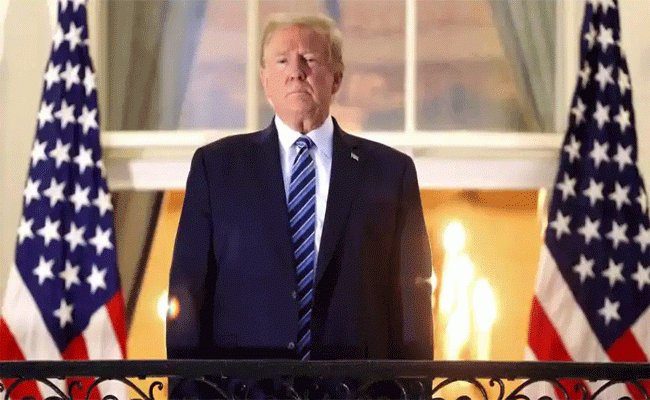
The US Department of Homeland Security has announced an interim rule ending the automatic extension of Employment Authorization Documents (EADs) for migrant workers; a decision that is expected to affect thousands of foreign employees, including a large number of Indians working in the United States.
In a statement issued on Wednesday, the Department said, “Aliens who file to renew their EAD on or after October 30, 2025, will no longer receive an automatic extension of their EAD.” EADs that were automatically extended before this date will remain valid.
According to the Trump administration, the new rule aims to strengthen “vetting and screening to protect public safety and national security.”
It effectively replaces a Biden-era policy that allowed immigrants to continue working for up to 540 days after their work permit expired, provided their renewal application was filed on time and met specific eligibility criteria.
The Department clarified that a few exceptions remain; particularly for Temporary Protected Status (TPS) holders whose extensions are covered by law or federal notices.
Officials said the change will help US Citizenship and Immigration Services (USCIS) conduct more frequent background checks and prevent fraudulent activity.
Calling the measure “common sense,” USCIS Director Joseph Edlow stated that working in the United States is a “privilege, not a right.”
He advised immigrants to file renewal applications up to 180 days before their current EAD expires, warning that delays could lead to temporary lapses in work authorization.
An EAD (Form I-766) serves as proof that an individual is authorized to work in the US for a specific period.
Green Card holders do not need an EAD, as their Permanent Resident Card (Form I-551) already provides employment authorization. Similarly, non-immigrant workers on H-1B, L-1B, O, or P visas do not require an EAD.
The announcement follows a series of immigration-related changes by the Trump administration.
In September, the government increased the H-1B visa fee to $100,000 (₹88 lakh), arguing that it would ensure only “highly skilled” workers are brought into the country.
The higher fee does not apply to individuals already in the US who are changing their visa status; such as students transitioning from F-1 to H-1B.
Adding to the policy shift, Florida Governor Ron DeSantis on Wednesday directed universities nationwide to prioritize hiring American workers and phase out the practice of employing foreign nationals through H-1B visas.









